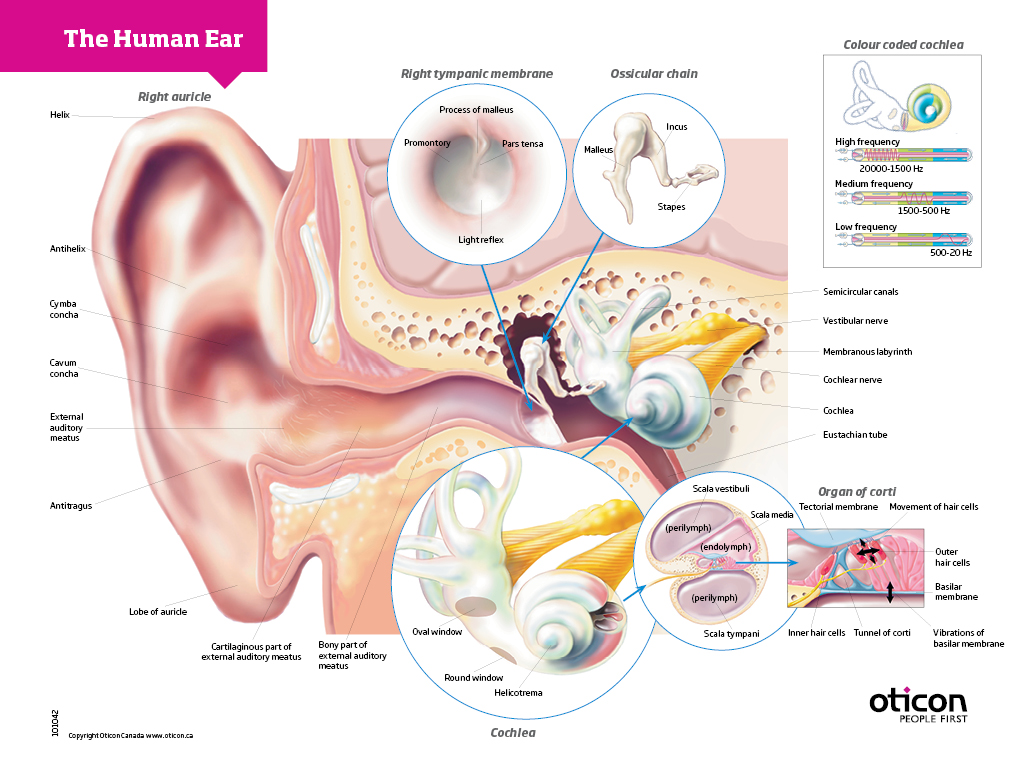Did You Know?
Ear/Auditory Pathway
- The Outer Ear funnels sound and transmits it down the ear canal to the eardrum. Ear wax, skin and other debris can build-up in the outer ear and may contribute to hearing difficulties.
- The Middle Ear is an air-filled space separated from the outer ear by the eardrum. It houses three little bones that form a chain to transmits sound to the inner ear. The Eustachian tube equalizes the middle ear pressure with the outside air pressure. Ear infections and other ear diseases often most commonly occur here and may be medically treatable.
- The Inner Ear otherwise known as the cochlea is filled with little hair-like cells that transmit frequency specific impulses to the nerve fibers. The semicircular canals responsible for dizziness are also in the inner ear space.
- The Vestibulocochlear/Acoustic Nerve transmits the impulses from the ear to the brain.
- The Auditory Cortex is in the temporal lobe of the brain it is this area that processes the nerve impulses so we recognize them as sounds and words. As we age our speed of processing sound worsens and can make it hard for us to understand what is said even if we can hear it. Hearing aid use in hearing impaired individuals is known to help maintain the neural connections and reduce the decline in processing speed.
Hearing Loss
- Sensorineural hearing loss is due to damage of the inner hair cells in the cochlea or nerve damage. This type of hearing loss is often caused by aging, noise exposure, and genetics. In the majority of cases this type of hearing loss is permanent and will only deteriorate with time.
- Conductive hearing loss is due to a blockage in the middle or outer ears that is preventing the sound from reaching the inner ear fully. This type of hearing loss occurs with ear wax, ear infections, ear growths, and issues with the bones and eardrum. This type of hearing loss is often temporary and can often be rectified with medical treatment.
- Mixed hearing loss is a combination of sensorineural hearing loss and conductive hearing loss.
Hearing Aids
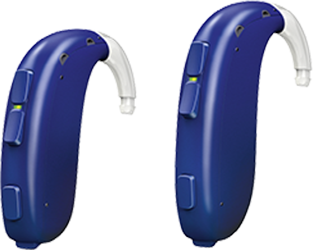 |
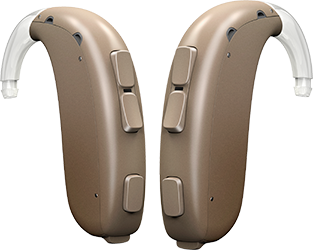 |
|
 |
||
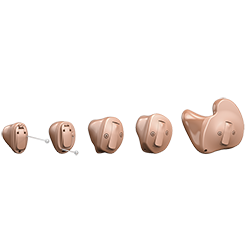 |
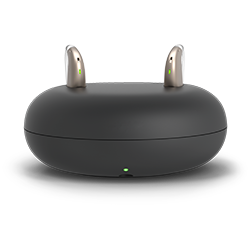 |
Funding
- Assistive Devices Program (ADP)
- Available to anyone with a valid Ontario Health card and has a permanent hearing loss.
Assistive Devices Program | ontario.ca
- Ontario Disability Support Program (ODSP)
- Hearing assessments
- Hearing Aids
- Supplies and repairs
- Some additional Assistive Listening Devices (ALDs) if needed.
Ontario Disability Support Program | ontario.ca
- Infant Hearing Program (IHP)
- Hearing assessments
- Loaner hearing aids
- Hearing aid programming
Infant Hearing Program | ontario.ca
- Non-Insured Health Benefits (NIHB)
- Hearing assessments
- Hearing Aids
- Supplies and repairs
Non-insured health benefits for First Nations and Inuit (sac-isc.gc.ca)
- Work Place Safety and Insurance Board (WSIB)
- Hearing assessments
- Hearing aids
- Supplies and repairs
- Some additional Assistive Listening Devices (ALDs) if needed
- Veterans Affairs (VAC)
- Hearing assessments
- Hearing aids
- Supplies and repairs
- Some additional Assistive Listening Devices (ALDs) if needed
(Spouses/Widows may also qualify through the Legion’s poppy fund)
Private Pay
- Health Benefits
Some personal health benefits provide coverage for hearing assessments and hearing aids. Receipts and prescriptions can be provided upon request to submit to your insurance plan.
- Canadian Hard of Hearing Association (CHHA)
Individuals who demonstrate financial need are able to apply to the Hear Now fund.
- The Lions Club and Rotary Club
May cover hearing aids for low-income individuals.
If you are not yet a member of the above listed groups but believe you may be eligible, we can provide you with the application forms necessary.
We accept payment for our services by cash, cheque, Debit, Visa, Mastercard and American Express.

